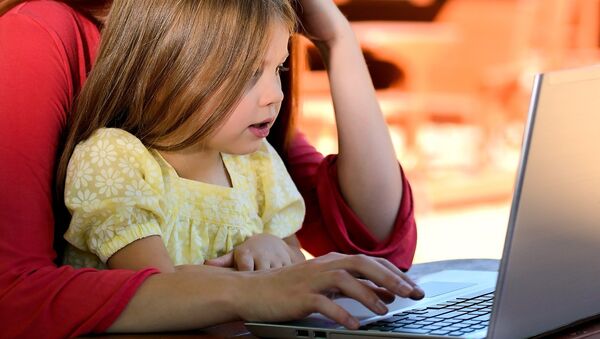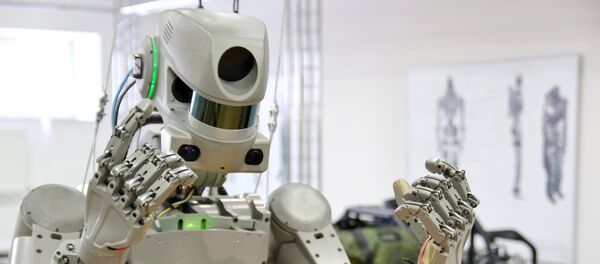These days, computer technology and mobile devices aggressively interfere with children's lives from when they are a few months old. By the end of preschool age, some 80 percent of Russian children are regular computer users.
READ MORE: Scientists Use ‘Hydrogen Blisters' to Lower the Cost of Electronic Devices
"There is a tendency to embed computer technology in preschool education without any preliminary research. However, it is at this age that children are leaning such key skills as speech, perception, cognitive activity, imagination and self-awareness," Natalya Matushkina, junior researcher at the university's Center for Expert Appraisal of Toys and Games told RIA Novosti.
Research in this area has produced contradictory results. It has been proven that computers have both positive and negative psychological effects on children. In addition, there are many factors influencing children besides computers and it is almost impossible to take all of them into account within the scope of a single research project.
"Sociological and quantitative methods are not very effective in this regard. We believe that a comparative analysis of children's activity involving tangible and virtual materials has proven more successful. It revealed that children's interaction with electronic devices is fundamentally different from traditional forms of activity and does not compensate the latter," Matushkina added.
Children who worked with paper demonstrated more independence both in choosing a strategy and evaluating its efficiency. The kids who used a tablet mostly resorted to the trial-and-error method, with a lesser variety of solutions.
The research authors believe that the main difference between the two scenarios is that when dealing with a real material children act as subjects of activity by creating a plan and evaluating its result hence developing independence and initiative.
"When dealing with the electronic version of the puzzle, children's main motivation is a response from the programme, encouragement or censure, which leaves children passive actors," the research fellow noted.
Based on the results, the researchers recommend exercising subtlety and caution when introducing children to computers. It is advisable to not overstate the value of games and electronic devices to children and not to use computer games as a daily reward.
The researchers also recommend avoiding games with addictive plots that encourage children to spend much more time on the computer than the recommended amount (10 to 15 minutes per day for children aged five or six).
The university researchers suggest that computer puzzles could be a good alternative since solving puzzles may be helpful to healthy cognitive development without triggering an addiction.


